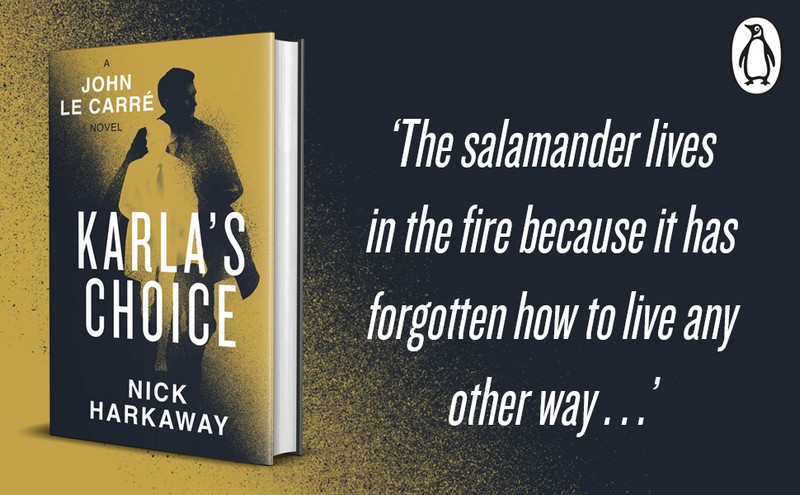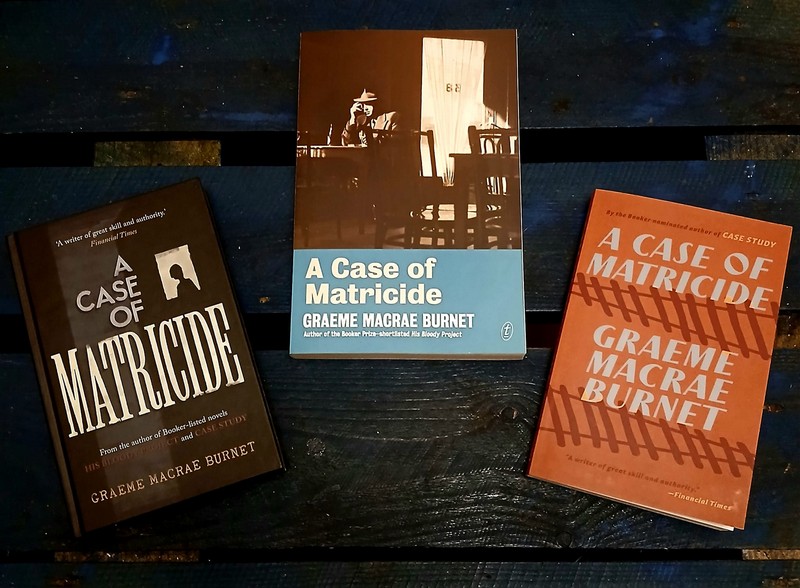 Veronica Lando’s first novel The Whispering won the 2021 Banjo Prize for best unpublished manuscript. That book, set in the rainforests of Far North Queensland involved a man returning to a small rural town, and being caught up in a mystery involving two deaths seventeen years apart. Her follow up, The Drowning Girls, feels cut from a similar cloth. Also involving an outsider coming into a small Queensland town full of secrets and a series of deaths separated by the passage of time.
Veronica Lando’s first novel The Whispering won the 2021 Banjo Prize for best unpublished manuscript. That book, set in the rainforests of Far North Queensland involved a man returning to a small rural town, and being caught up in a mystery involving two deaths seventeen years apart. Her follow up, The Drowning Girls, feels cut from a similar cloth. Also involving an outsider coming into a small Queensland town full of secrets and a series of deaths separated by the passage of time.
Nate Bass is a school teacher with a secret, desperate enough to take a posting in the tiny town of Port Flinders, perched in far northern Australia on the edge of the Gulf of Carpentaria. He has arrived in town before the school year starts but in time for the annual Drowning Girl festival in which the townspeople ceremonially drown the figure of a woman as they believe that this sacrifice will increase their fishing yield. Although he is not there long before a woman’s body does wash up only it turns out the body is of a woman who was thought to have drowned twenty-five years before in a tragic accident. Despite himself, Nate finds himself trying to understand what had happened, a quest that will unlock not only the town’s secrets and a string of suspicious deaths over years, but his own.
The Drowning Girls is a crime novel but it sits fairly squarely in the Australian Gothic tradition. In Australian Gothic, the landscape is always looming, threatening to take people, particularly children. Readers only need to think about books like Picnic at Hanging Rock. In this case it’s the ravenous sea and the mangroves that fringe its edge and the town. There’s no hint of previous occupation of the land or of people living in harmony with it, just an interloper’s fear of the unknown. The Drowning Girls has visicous and unknowable mangroves and an unquiet sea and adds a layer to this in the modern superstition of the townsfolk of the power of human sacrifice (or its simulation) to promote a good fishing season.
If there’s a problem with The Drowning Girls it’s with its main character. Perhaps if the narration had been in first person then the fact that Nate does not reveal everything he should know at the beginning of the novel would possibly be forgivable and put down to him being unreliable for some reason. But many of the twists here only land by Lando relying on information that Nate should know being kept deliberately from the reader. So what the book ends up with is an omniscient but unreliable third person narrator. All of which can work at the time of reading but raises too many questions on reflection.
The Drowning Girls is atmospheric crime fiction. Lando effectively captures the oppressive weather of the Gulf Coast, a menacing landscape and almost uncontrolled mayhem of a rowdy tourist crowd. And the resolution of the mystery is well handled. But it is hard to escape the narrative devices that Lando has to deploy to make all of this work.
Robert Goodman
For more of Robert’s reviews, visit his blog Pile By the Bed
Other reviews you might enjoy:
- Ripper (Shelley Burr) – book review
- The Sleepwalkers (Scarlett Thomas) – book review
- Bereft (Chris Womersley) – book review

Robert Goodman is a book reviewer, former Ned Kelly Awards judge and institutionalised public servant based in Sydney. This and over 450 more book reviews can be found on his website Pile By the Bed.



